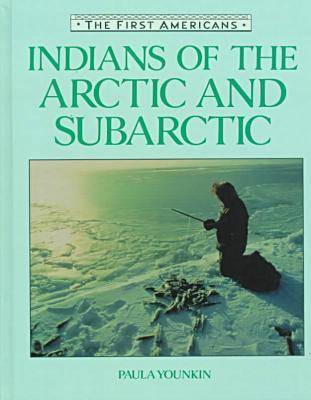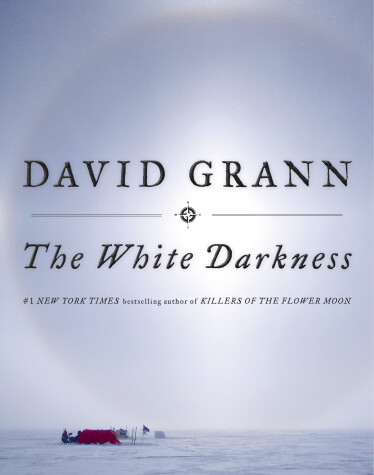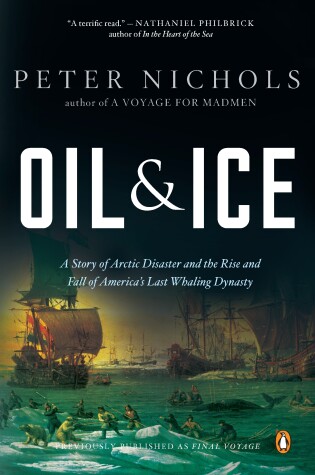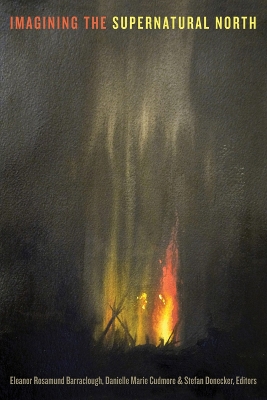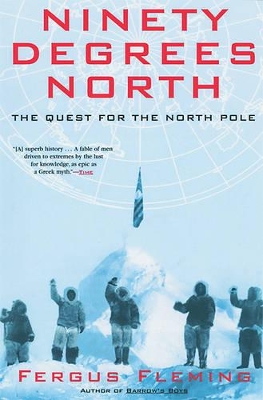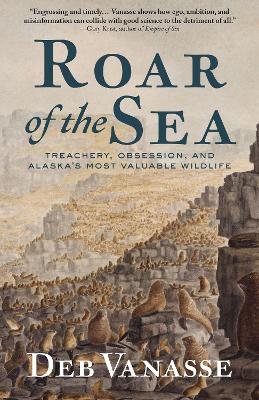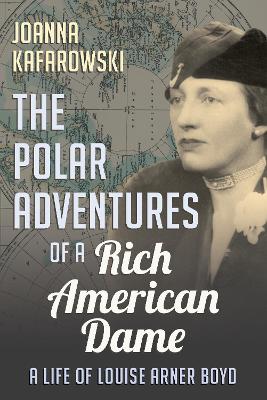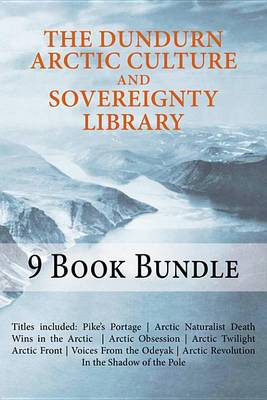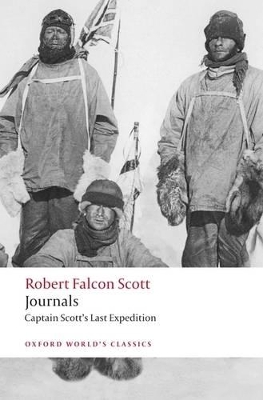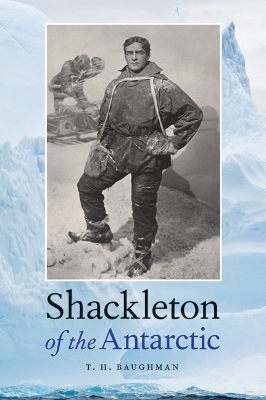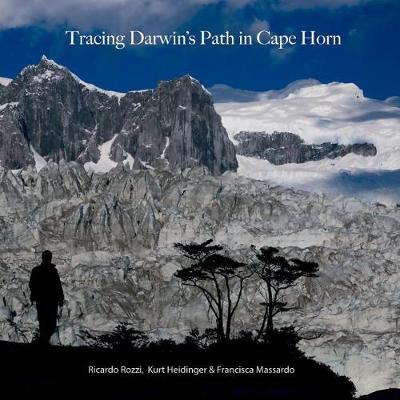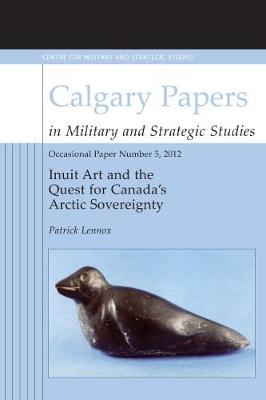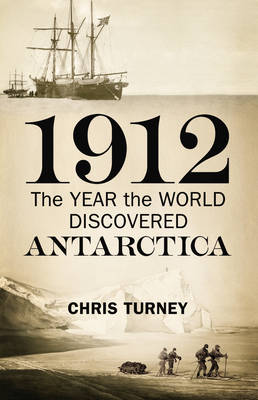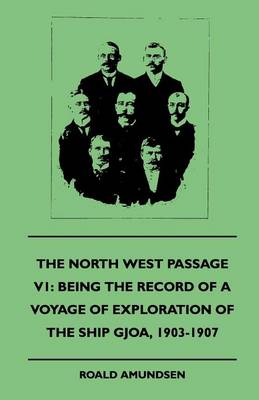Part of an eight-volume series offering young people a view of the ancient tribes of North America, this book describes the lives of the Indians who lived in the Arctic and Subarctic regions (Canada, Alaska and Greenland). Among the groups included are the northern Algonquians, Aleuts and Centrals. The book details the roots (tribal family trees and tribal languages), clothing, shelter, hunting, first contact with the whites, tribal wars, folklore and myths, religion and religious ceremonies of...
Constructing Cultures: Then and Now (Contributions to Circumpolar Anthropology, #4)
Aspects of Arctic and Sub-Arctic History
By the #1 New York Times bestselling author of Killers of the Flower Moon, a powerful true story of adventure and obsession in the Antarctic, lavishly illustrated with color photographs Henry Worsley was a devoted husband and father and a decorated British special forces officer who believed in honor and sacrifice. He was also a man obsessed. He spent his life idolizing Ernest Shackleton, the nineteenth-century polar explorer, who tried to become the first person to reach the South Pole, and la...
"One of the great strengths of Arctic Voices is that it shows how Alaska and the Arctic are tied to the places where most of us live. In this impassioned book, Banerjee shows a situation so serious that it has created a movement, where 'voices of resistance are gathering, are getting louder and louder.' May his heartfelt efforts magnify them. The climate changes that are coming have hit soon and hard in the Arctic, and their consequences may be starkest there."–Ian Frazier, The New York Review o...
The subzero temperatures were only one of the dangers explorer Frederick Cook (1865-1940) faced in his attempts to reach the North Pole. During his extraordinary and harrowing journey, he fought off arctic wolves and polar bears, lived through ice storms, almost starved on several occasions, and faced long and lonely hours of isolation. His book relates how he learned from Eskimos how to survive in the Arctic, hunting musk ox to survive, harpooning walruses, and traveling by dog sled. After his...
"Peter Nichols has crafted a terrifyingly relevant historical narrative...A terrific read." -Nathaniel Philbrick, author of In The Heart of the Sea In 1871, America's last fleet of whaling ships was destroyed in an arctic ice storm. Miraculously, 1,218 men, women and children survived, but the disaster was catastrophic at home. Oil and Ice is the story of one fateful whaling season that illuminates the unprecedented rise and devastating fall of America's first oil economy, and the fate...
“Turning to face north, face the north, we enter our own unconscious. Always, in retrospect, the journey north has the quality of dream.” Margaret Atwood, “True North” In this interdisciplinary collection, sixteen scholars from twelve countries explore the notion of the North as a realm of the supernatural. This region has long been associated with sorcerous inhabitants, mythical tribes, metaphysical forces of good and evil, and a range of supernatural qualities. It was both the sacred abode of...
At the height of the Korean War in 1952, a budding young historian was drafted into the U.S. Army just as the Pentagon was organizing a top-secret, scientific expeditionary unit, the Transportation Arctic Group (TRARG). Consisting of 275 military members and a cluster of civilian scientists from the United States and other countries, TRARG was sent to Thule Air Force Base, located on the west coast of northern Greenland. Its ostensible purpose was to map the terrain and test complex equipment at...
The North Pole was a mystery in the mid-19th century, many explorers who ventured into its wastelands never returned. After another failed expedition in 1845, even more concerted efforts were made to reach the Northernmost point of the globe. Fleming relays these stories. Elisha Kane was a poor leader of his crew, Charles Hall died of a stroke after his men refused to obey his orders. Later, the obsessive Robert Peary even took his pregant wife with him in order to set the record for the most no...
Polar Winds: A Century of Flying the North
by Danielle Metcalfe-Chenail
A swashbuckling narrative of treachery and obsession involving pirates, fur seals, competing governments, and near war. "In Roar of the Sea, [Deb Vanasse] writes with verve and dramatic impact, reconstructing the narrative of Elliott's tenacious crusade in a way that will transport the reader back to the cacophonous seal rookeries, to the bloody, blubber-slicked decks of the sealing ships, and to the elegant meeting rooms of the nation's capital. While bringing deserved attention to Elliott for...
In The Home of the Blizzard, Sir Douglas Mawson records his historic expedition to explore uncharted land in Antarctica. Pitted against formidable natural forces, he and his team faced unrelenting winds with speeds of up to two hundred miles per hour as well as freezing temperatures and day-long blizzards. They traversed the previously unexplored King George V Land directly south of Australia and collected geological samples and magnetic readings. After accident and illness led to the death of h...
When Ernest Shackleton resolved to cross Antarctica in 1915, he knew the task would require two parties of men. Shackleton and his crew aimed to cross the continent - but were to meet with disaster when their ship, the Endurance, was frozen into the ice of the Weddell Sea. Meanwhile a smaller group - the Ross Sea party, led by the impetuous one-eyed captain Aeneas Mackintosh and the hard-headed Ernest Joyce - went before them and landed on the opposite side of the continent. Their mission was to...
The first comprehensive biography of Louise Arner Boyd - the intrepid American socialite who reinvented herself as the leading female polar explorer of the twentieth century. Born in the late 1880s to a gritty mining magnate who made his millions in the California gold rush and a well-bred mother descended from one of New York's distinguished families, society beauty Louise Arner Boyd was raised during a glittering era. After inheriting a staggering family fortune, she began leading a doubl...
'For God's sake look after our people' Captain Scott's harrowing account of his expedition to the South Pole in 1910-12 was first published in 1913. In his journals Scott records his party's optimistic departure from New Zealand, the hazardous voyage of theTerra Nova to Antarctica, and the trek with ponies and dogs across the ice to the Pole. On the way the explorers conduct scientific experiments, collect specimens, and get to know each other's characters. Their discovery that Amundsen has...
Twenty-eight men stood on a desolate Antarctic ice floe one thousand miles from the nearest human contact. In a few months the ice would melt. To survive they would have to be safely on land before that happened-if they did not starve first. The odds were stacked against them. Facing all the horrors that the Antarctic could bring to bear, including numbing cold and the worst weather on the globe, they could freeze, starve, or drown. The single advantage they did have, however, proved decisive. T...
Tracing Darwin's Path in Cape Horn
by Ricardo Rozzi, Kurt Heidinger, and Francisca Massardo
Charles Darwin spent the majority of his 1831-1836 voyage around the world in southern South America, and his early experiences in the Cape Horn region seem to have triggered his first ideas on human evolution. Darwin was not only a field naturalist, but also a scholar of the observations of the European explorers who preceded him. Richly illustrated with maps and color photographs, this book offers a guide to the sites visited by Darwin, and a compass for present-day visitors who can follow Da...
1912 was an incredible year, marking the height of the Heroic Age of Exploration. Curiosity about Antarctica was at fever pitch, and between 1910 and 1914 five teams of intrepid explorers embarked on the greatest race of the era, to travel beyond the edges of the known world and conquer this last great frontier.Pitted against each other were Captain Robert Falcon Scott for Britain, Roald Amundsen for Norway, Sir Douglas Mawson for Australasia, Wilhelm Filchner for Germany and Nobu Shirase for Ja...
The North West Passage V1: Being the Record of a Voyage of Exploration of the Ship Gjoa, 1903-1907 (1908)
by Captain Roald Amundsen
